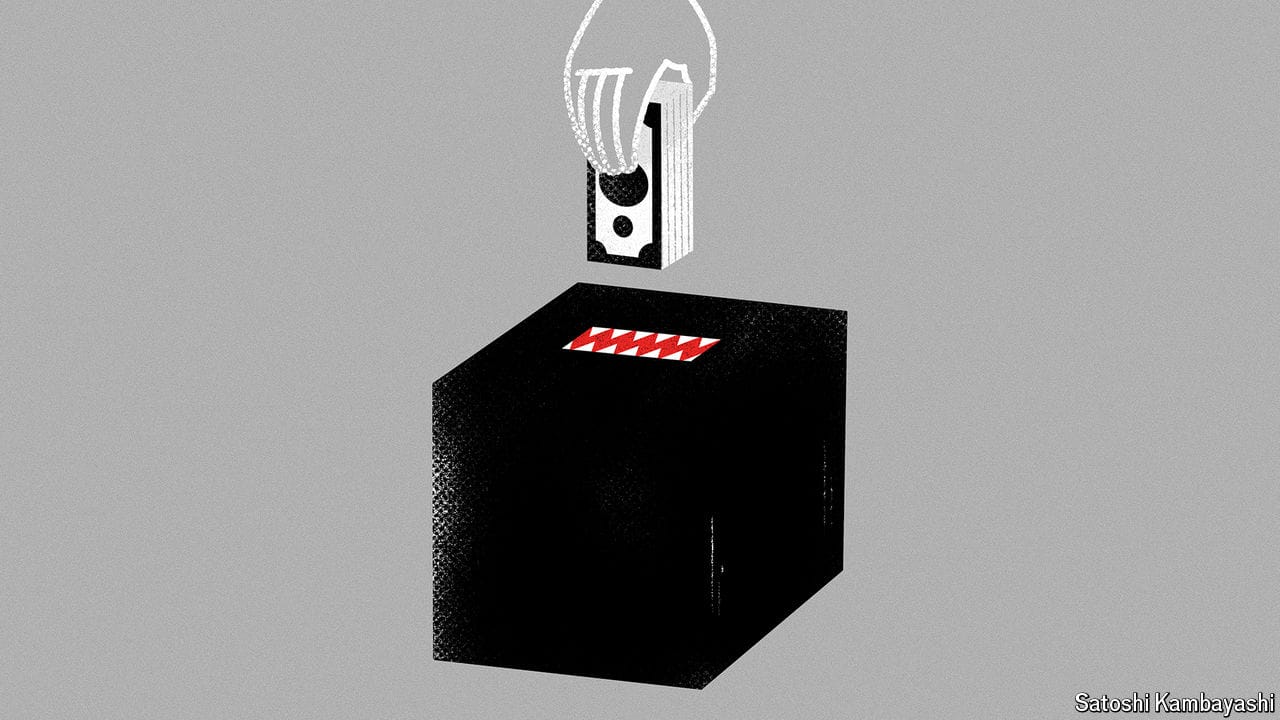The Nobel prize in economics celebrates an empirical revolution
David Card shares this year’s award with Joshua Angrist and Guido Imbens

A “CREDIBILITY REVOLUTION” has transformed economics since the 1990s. Before that, theory ruled the roost and empirical work was a poor second cousin. “Hardly anyone takes data analysis seriously,” declared Edward Leamer of the University of California, Los Angeles, in a paper published in 1983. Yet within a decade, new and innovative work had altered the course of the profession, such that the lion’s share of notable research today is empirical. For enabling this transition David Card of the University of California at Berkeley shares this year’s economics Nobel prize, awarded on October 11th, with Joshua Angrist of the Massachusetts Institute of Technology and Guido Imbens of Stanford University.
The messy real world can often defy economists’ attempts to establish causality. Working out how a rise in the minimum wage affects employment, for example, is complicated by the fact that some other influence (a chronically weak labour market, say) may have contributed to changes in both policy and employment. In other fields researchers establish causation by designing experiments where subjects are randomly assigned to different groups, only one of which receives a particular treatment, so that the effect of the treatment can be clearly seen. More economists are also using randomised controlled trials—indeed, the Nobel prize in 2019 rewarded such efforts. But many questions cannot be studied this way for reasons of politics, logistics or ethics.
This article appeared in the Finance & economics section of the print edition under the headline “Instrumental research”
More from Finance and economics

China’s last boomtowns show rapid growth is still possible
All it takes is for the state to work with the market

What the war on tourism gets wrong
Visitors are a boon, if managed wisely

Why investors are unwise to bet on elections
Turning a profit from political news is a lot harder than it looks
Revisiting the work of Donald Harris, father of Kamala
The combative Marxist economist focused on questions related to growth
Donald Trump wants a weaker dollar. What are his options?
All come with their own drawbacks
Why is Xi Jinping building secret commodity stockpiles?
Vast new holdings of grain, natural gas and oil suggest trouble ahead
